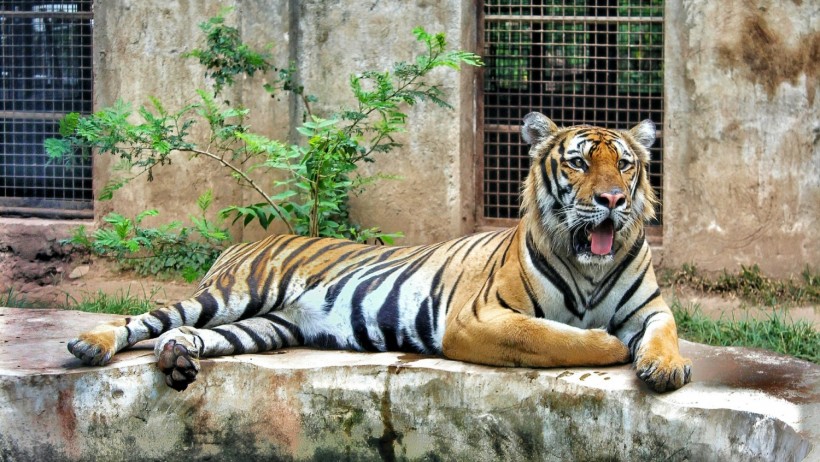[ad_1]
The idea of animals having a voting right has sparked debate among experts.
Animals’ Legal Right
Recent research published in Analysis suggests that it may be time to give animals voting rights.
While the idea of animals having a right to vote may appear ludicrous, the paper argues that it is simply an extension of existing procedures, in which certain nations allow the enforcement of animals’ legal rights through representatives. Animals, for example, are named as plaintiffs in a large number of US federal lawsuits.
In his work, Professor Ioan-Radu Motoarcă, a professor in the philosophy department at Rowan University in New Jersey, admits that “the idea that animals should have the right to vote sounds absurd.”
“However, I will argue that we can understand this idea as a natural outcome of our fundamental democratic commitments,” he continues.
He proposes an animal voting system in which appointed representatives–either individuals or entire companies–vote on behalf of animals.
Under his proposed system, people would only be nominated as representatives to vote on animal welfare issues. This could include legislation governing animal husbandry, meat production standards, fishing regulations, or pet care.
Animals would not be compelled to vote on difficult moral issues such as abortion or the legalization of prostitution since they are unconcerned about them.
In some controversial policies, such as numerous environmental issues that will undoubtedly have an impact on animal welfare, there would be a choice between having no animal representatives vote on such proposals and having the proxies vote based on their best judgment of what would benefit animals the most.
Motoarcă sees parallels with representatives acting on behalf of minors or people with mental disorders, who “need someone else to assert their rights.”
He also claims that the inability of animals to exercise their voting rights is not a valid reason to exclude them.
Read Also: Experts Says to Give Legal Rights to Animals, Trees, and Rivers
Concept Of Voting For Animals
The concept of animal voting is an example of how the “all affected interests” approach might be put into practice: everyone who is affected by a government’s choices should be able to participate in it. Motoarcă argues that everyone who has an interest in and is affected by governmental decisions should have the opportunity to participate in the democratic process that leads to those decisions.
However, some experts do not argue with this idea.
According to Matthew Kramer, a professor of law and political philosophy at Cambridge University, giving a non-human animal the right to vote is ‘risible’.
More realistically, such a system would entail assigning an additional vote to every human being voting on behalf of an animal.
“That human being, rather than the animal itself, is the party who would make a choice on whatever matter is under consideration in the voting,” he added.
This is also the sentiment of Thom Brooks, a professor of law and government at Durham University.
“At a time where public trust in our politics is at all time low, I believe time and energy is best spent focused on ensuring the voices of our fellow citizens are heard and their votes counted,” he pointed out.
Related Article: Will Dolphins and Whales Get Legal Rights?
© 2024 NatureWorldNews.com All rights reserved. Do not reproduce without permission.
[ad_2]


